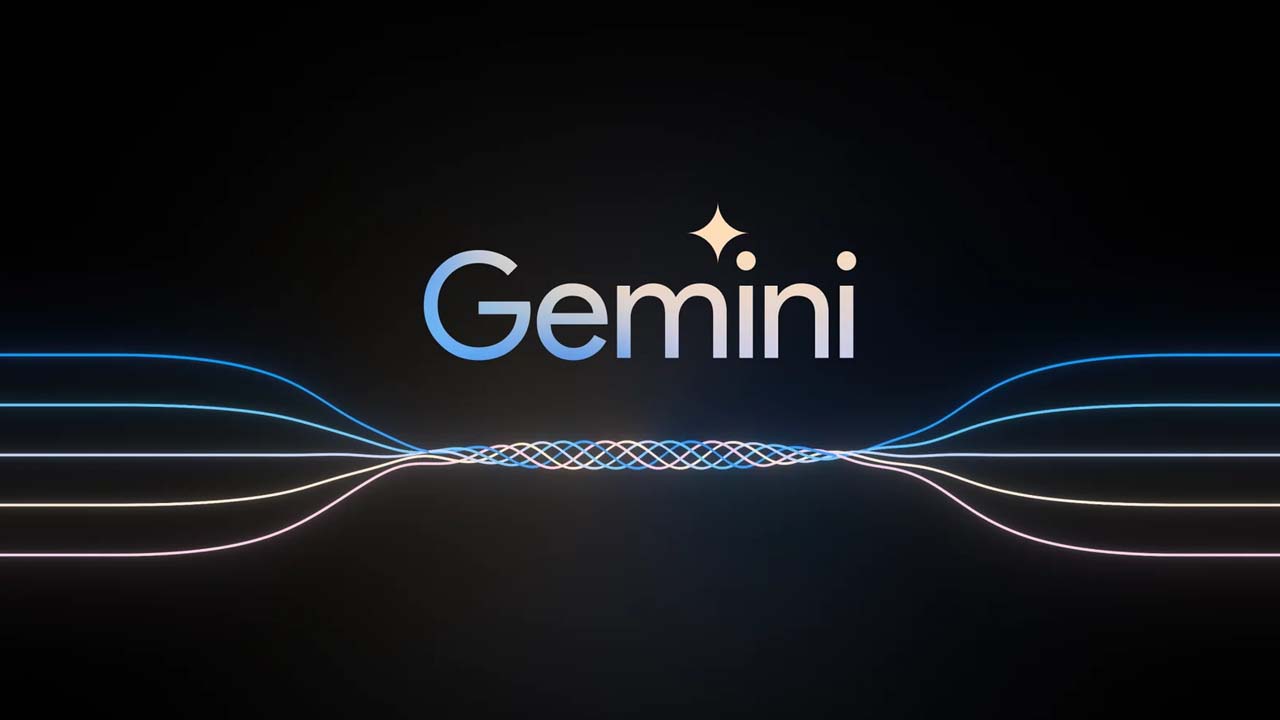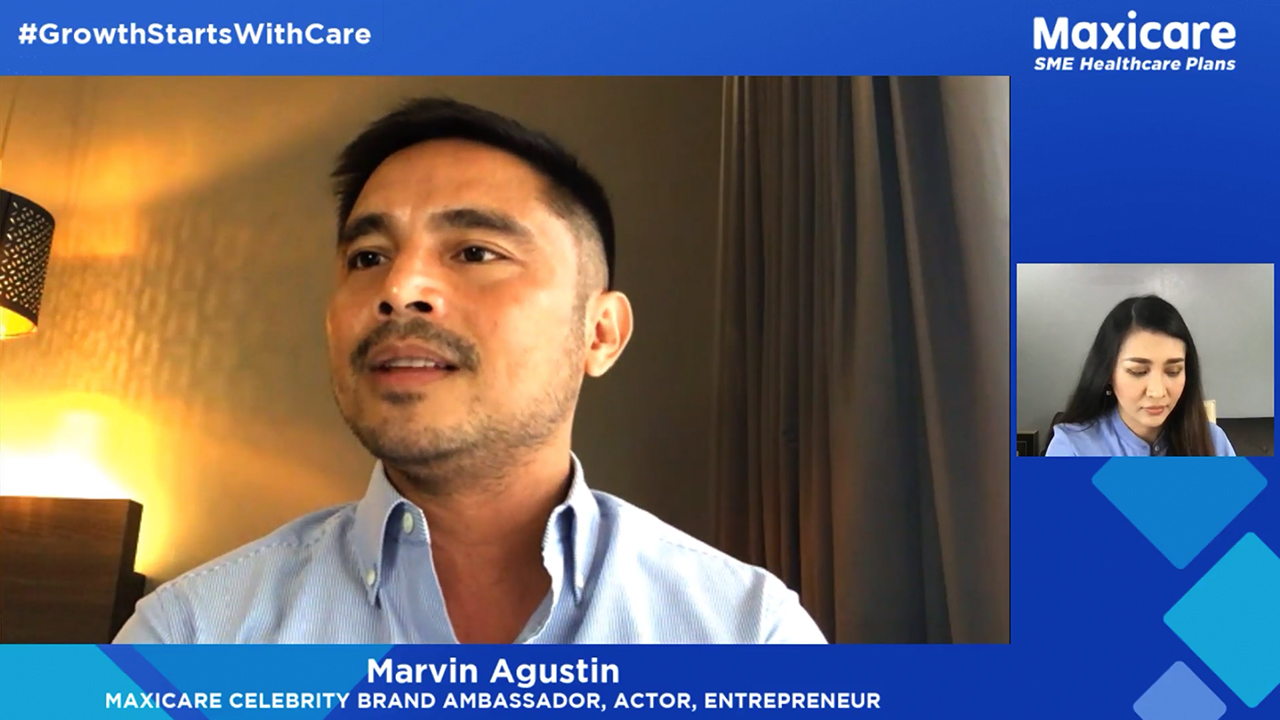Enterprise
Marvin Agustin shares secrets to business survival during the pandemic
The digital entrepreneur highlights the value of listening to people and health investments

“Healthcare is expensive.”
A one-liner quote from Captain Raymond Holt from the comically epic Brooklyn Nine-Nine, which struck a chord to Gina Linetti as she decides to part with the precinct in season six.
In this era, healthcare is indeed expensive — passing off as an indispensable investment. For serial entrepreneurs, healthcare plans seemed like an extra expense. That’s what celebrity chef and digital entrepreneur Marvin Agustin thought of, like any other entrepreneur. Especially when your business doesn’t make enough profit during the pandemic.
But a dawning realization struck Agustin similar to how Gina Linetti had a light bulb moment the instance she realized that healthcare is indeed expensive. Agustin knows that well.
Having to follow safety protocols and being overly cautious about the threat of COVID are points that gave him an idea to provide healthcare plans to all his employees.
A people-first mindset
“We won’t be able to operate if people, your employees, and your staff would get sick, and also not safe for the customers,” said the celebrity chef.
People. Employees. Marvin Agustin understands that businesses won’t thrive without their people. Despite being an “extra cost,” health plans were a surefire investment to keep his people safe, functional, and happy. In the end, the cost won’t be as high as compared to when your employees get hospitalized.
What bugs entrepreneurs are the availability of quality healthcare at a reasonable price. Agustin had believed that only big companies get to provide health plans, not until he chanced upon Maxicare. Surprisingly, the celebrity chef found a credible company offering affordable and convenient health plans for both him and his employees.
Not all quality healthcare is unreachable as many people perceived
Maxicare’s reputation has put off Agustin like many other entrepreneurs. The company seemed expensive and an extra expense — being 33 years in the business with over 1.6 million members, and widely accepted over 1,000 hospitals and clinics around the country.
But Maxicare has an array of healthcare plans, particularly tailored to small-to-medium enterprises. There are plans that are a lot less than PhP 21,000 — which is the average of healthcare expenses that SMEs spend on employees per year — and even as low as PhP 4,600 to PhP 6,000 per employee per year.
The computation can wrack a nerve as your expenses pile up which pushed most enterprises to shy away from healthcare plans. But in return, employees don’t get access to quality healthcare and businesses don’t get protection from unplanned expenses caused by unforeseen circumstances — diseases, pandemics, accidents, and so on.
The best investment for a growing business
Marvin Agustin understood this well: healthcare plans are an investment for employees and the business itself. The digital entrepreneur realized that when his employees are in tiptop shape, his businesses are more profitable.
Jennifer Haw, Operations Manager of Yummyverse Group and one of Agustin’s employees, revealed how relieved and happy she feels knowing she’s taken care of. She has highlighted the importance of having peace of mind brought by Maxicare through their affordable plans.
“We won’t be able to operate if people, your employees, and your staff would get sick.”
Haw advises not to be frugal to people since they’re the foundation of businesses. Haw even applauded Agustin, touting the healthcare plans as the celebrity chef’s best investment for his business so far.
And it has been paying off, especially in this pandemic where the food business has been disrupted and has taken on too many challenges that the industry is still trying to overcome. From the threat of contracting the virus in numerous transactions to the struggles of making a profit, to taking a toll on our mental health.
Surviving entrepreneurship
Despite the struggles Agustin has faced, he was glowing with optimism; seemingly ready to brave the future and whatever it holds. At least during the roundtable. I was giddy looking at his ostensibly never-aging face until a question sparked in my head: What would be his advice to entrepreneurs struggling in this pandemic, too?
Agustin brazenly responded to my question, hinting about the uncertainty of the future. “We don’t know what works. What we thought are our advantages? We’re all back to square one.”
“What is important now is we listen to the new challenges, to the people that we work with, to our audience — old and new. So that we will be able to navigate this pandemic and get out of it alive,” he added.
The celebrity chef highlighted the importance of patience and even asked people to meet him at the finish line, encouraging people to be strong so everyone can attain their goals.
He further added, “We have to listen. This is the perfect time to step back and really figure out anong importante sa inyo.” (We have to listen. This is the perfect time to step back and really figure out what’s important to you.)
Finding the right plan
Maxicare offers a variety of healthcare plans. There’s Maxicare Plus, a comprehensive HMO program for small businesses with 10-99 employees. For micro-businesses, there’s a Maxicare Starter Plan apt for 3-9 employees.
For a different kind of premium, Maxicare BusinessEssential is Maxicare SME’s most affordable offer. The plan has options to have an Outpatient Care Program or an Outpatient Care + Confinement Care HMO program for companies with 3-99 employees.
Maxicare understands that businesses are wary of its piling expenses, which is why they put it into consideration when they offered affordable premiums.
Micro-businesses can get a plan for as low as PhP 4,651 per employee per year. Meanwhile, small businesses can go as low as PhP 6,260 if they have 10-19 employees or PhP 5,301 for those with 20-99 employees.


The ongoing trade war between the United States and China is putting a lot of companies out of business in one country. While all eyes are currently on America’s crusade against TikTok, China has launched a salvo of its own. The country has started banning AMD and Intel, starting with government devices.
Recently, as reported by the Financial Times, China has introduced a new rule that bans American chipsets and servers from government agencies. The new ban includes AMD, Intel, and Microsoft Windows.
In lieu of the now-banned brands, Chinese government agencies must use approved brands from a list of 18 Chinese manufacturers. Unsurprisingly, the list includes Huawei, another brand involved in the ongoing trade war. (Huawei is still banned on American soil.)
As with bans from America, China’s latest rules stem from a desire to implement national security. Both countries allege that using brands from the opposing side will open a potential avenue for transferring classified information.
Currently, the ban against the American chipsets are only affecting government devices. However, if it follows the same trajectory as Huawei and TikTok in the United States, a government-only ban might soon lead to an all-out ban on consumer devices. As TikTok is currently hanging in the balance, it’s unlikely that the trade wars will cool down anytime soon.

So far, Apple’s greatest enemy has been the European Union. Months and months of claiming that the company engages in anti-competitive practices, the region has successfully caused Apple to drastically change a lot of things about the iPhone including the Lightning cable. Now, a new challenger wants Apple to answer for its supposed grip on the industry: the United States government.
Today, the Department of Justice is officially suing Apple for supposedly monopolizing the smartphone industry and stifling competition. The lawsuit alleges that Apple’s lineup of products prevent users from trying out other brands. For example, Apple limits how well a third-party smartwatch works on an iPhone, pushing users to go for an Apple Watch instead.
The lawsuit also includes an important pain point in Apple’s fight in Europe. It says that the company makes it difficult for iPhone users to communicate with Android users (and vice versa). Late last year, the company already committed to supporting RCS as a messaging standard, finally easing communication between the two systems. Their adoption has yet to arrive, though.
Though not as stringent as Europe, the American government is no slouch when it comes to questioning its own companies for pursuing anti-competitive practices. In the past, it went through Google and Spotify to protect the interests of its citizens. The lawsuit against Apple is no different, gathering signatures from sixteen states.
For Apple’s part, the company aims to get the case dismissed, alleging the lawsuit’s unfair scope of just the American people when it targets the entire world.
SEE ALSO: Apple opens first Developer Center in Southeast Asia

With how technology is these days, it’s no surprise that the next big thing is always just over the horizon. However, these developments often happen year after year. Today, artificial intelligence is strapping a rocket to this already fast trend. Only a few months since the launch of Gemini, Google has already launched its successor, Gemini 1.5.
Launched only recently, Gemini is a marvel in itself. Prior to the model, Google was already a force in the AI world with Bard. Gemini takes the former model and improves an already impressive service. Currently, users — both in business and for personal use — can subscribe to the service.
Today, Google has confirmed that Gemini 1.5 is official. The company is touting how much more impressive the new version is, compared to its predecessor. For one, Gemini 1.5 Pro is just as powerful as the current Gemini Ultra, beating the latter on 87 percent of tests. The new version is reportedly more efficient in allocating only the necessary resources for queries, rather than the entire model.
Despite allocating resources, Gemini 1.5 can handle a million tokens at a time. For reference, Gemini Pro can only handle 32,000 tokens at a time. Basically, the new version can parse through a humungous chunk of data all at once without batting a digital eye. (Google is claiming that capabilities for 10 million tokens is nearing, too.)
If you want to see what a million tokens in the palm of your hand feels like, Gemini 1.5 is already available for developers and business users. However, a wider rollout is still coming soon.
-

 Accessories2 weeks ago
Accessories2 weeks agoApple Vision Pro Review: Two Months Later
-

 Features5 days ago
Features5 days agoFortify your home office or business setup with these devices
-

 Gaming1 week ago
Gaming1 week agoThe Rogue Prince of Persia looks like an ultra-colorful roguelite
-

 Philippines2 weeks ago
Philippines2 weeks agovivo Y100 to release in Philippines on April 27
-

 Gaming1 week ago
Gaming1 week agoStar Wars Outlaws release date revealed
-

 Events1 week ago
Events1 week agoStellar Blade: PlayStation taps cosplayers to play Eve for game’s launch
-

 Accessories1 week ago
Accessories1 week agoLogitech unveils G Pro X 60 gaming keyboard: Price, details
-

 Deals2 weeks ago
Deals2 weeks agoSamsung Awesome April: Deals on Galaxy A series


